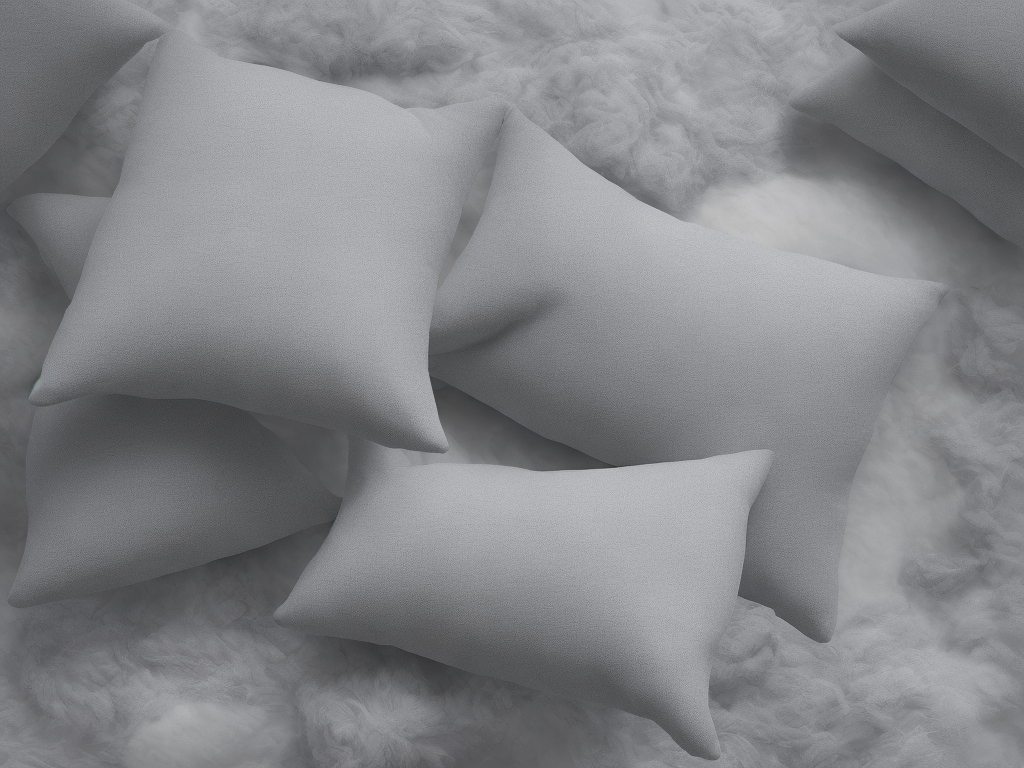
Falling asleep quickly can be a real challenge for many people. While some may have a natural ability to doze off soon after hitting the pillow, others may find themselves tossing and turning for hours, unable to get a good night's rest. Lack of sleep not only affects your mood and productivity the next day but can also lead to chronic health problems in the long run. However, there are several techniques you can incorporate into your bedtime routine to help you fall asleep fast and effectively.
Establish a Consistent Sleep Schedule
One of the most important things you can do to fall asleep fast is to establish a consistent sleep schedule, where you go to bed and wake up at the same time every day. Our body has a natural circadian rhythm, which regulates our sleep-wake cycle, among other functions. When you keep a consistent schedule, your body clock can better predict when to release sleep hormones like melatonin, making it easier for you to fall asleep quickly.
Create a Soothing Bedtime Ritual
A bedtime ritual helps signal to your brain that it's time to wind down and relax before sleep. It can be anything that you find relaxing and comforting, such as taking a warm bath, reading a book, or practicing meditation.
Avoid Stimulants Before Bed
Caffeine, nicotine, alcohol, and certain medications can significantly disrupt sleep. Avoid consuming these substances for at least four to six hours before bedtime. Instead, opt for a warm cup of decaffeinated tea or a soothing herbal infusion like chamomile or lavender.
Keep Your Bedroom Comfortable and Dark
A comfortable sleeping environment is crucial for getting a good night's sleep. Keep your bedroom dark, cool, and quiet, with minimal distractions like electronic devices. Use blackout curtains or an eye mask to keep out any unwanted light.
Limit Screen Time Before Bed
The blue light emitted from electronic devices like smartphones, laptops, and tablets can delay the release of sleep hormones like melatonin, making it harder for you to fall asleep. Avoid using electronic devices for at least an hour before bed. If you must use them, wear blue light blocking glasses to minimize their effects.
Try Relaxation Techniques
Relaxation techniques like deep breathing, progressive muscle relaxation, and guided imagery can help you relax and fall asleep faster. Deep breathing involves taking slow, deep breaths through your nose and exhaling through your mouth for a few minutes. Progressive muscle relaxation involves tensing and relaxing different muscle groups, starting from your toes and working your way up to your head. Guided imagery involves visualizing peaceful scenes like a beach or a forest to help calm your mind and ease into sleep.
Listen to Soothing Sounds
Listening to soothing sounds like white noise, nature sounds, or calming music can help you fall asleep faster. These sounds can mask any outside noise and create a relaxing environment. Several apps and websites offer a variety of sleep sounds that you can choose from.
Invest in a Comfortable Mattress and Pillows
A comfortable mattress and pillows can make all the difference in the quality of your sleep. Invest in a mattress that fits your sleeping preferences and provides adequate support for your body. Choose pillows that are the right size and firmness for your neck and head.
Get Regular Exercise
Regular exercise can improve the quality of your sleep by reducing stress and anxiety, boosting your mood, and improving your physical health. However, avoid exercising for at least three hours before bed as it can increase your heart rate and make it harder for you to fall asleep.
Final Thoughts
Falling asleep quickly and effectively is vital for overall health and well-being. By incorporating some or all of these techniques into your bedtime routine, you can create a relaxing environment, reduce stress, and improve your sleep quality. If you continue to struggle with falling asleep or staying asleep, consult a healthcare professional who can help diagnose and treat any underlying sleep disorders or conditions.
 Self-Instruct
Self-Instruct